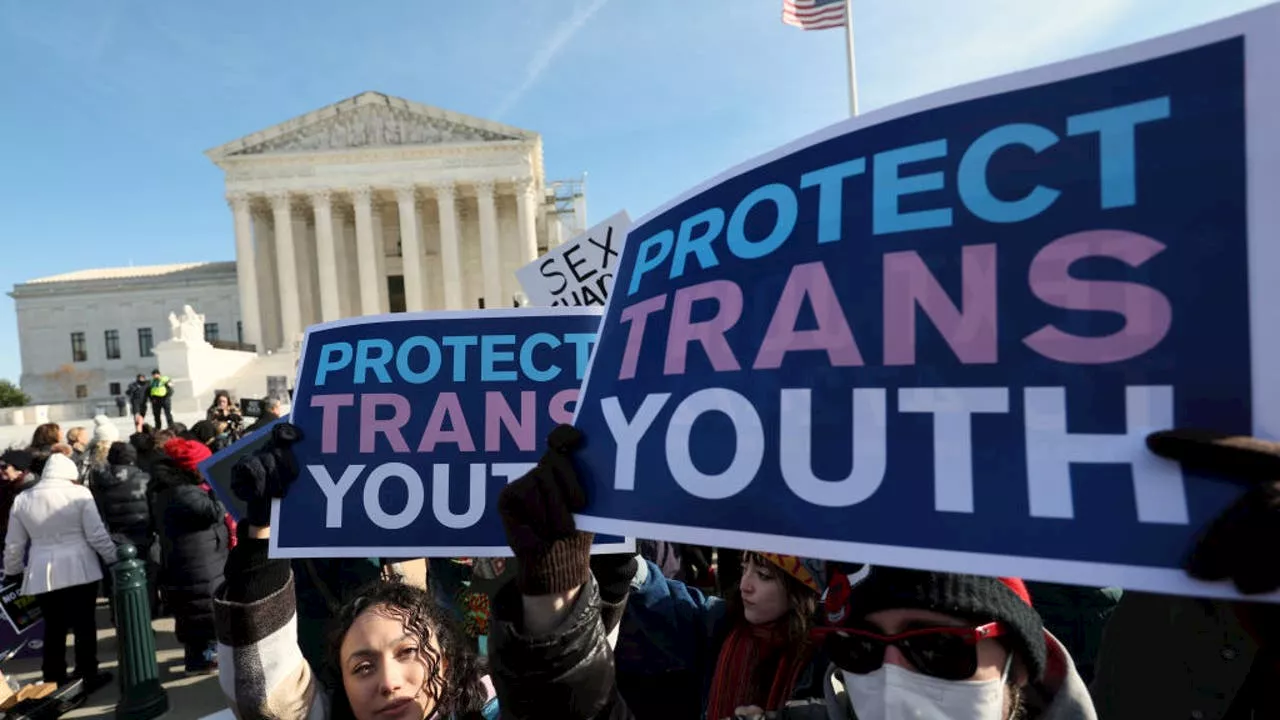A recent study published in JAMA Pediatrics reveals that gender-affirming medications are significantly less common among US adolescents than often portrayed. The study analyzed insurance claims data and found that fewer than 1 in 1,000 adolescents received puberty blockers or hormone treatments.
As debates over transgender healthcare intensify across the United States, a new study offers clarity, revealing that gender-affirming medications are far less common than critics claim. Published Monday in JAMA Pediatrics, the study found that fewer than 1 in 1,000 U.S. adolescents received puberty blockers or hormone treatments between 2018 and 2022.The researchers analyzed a database of insurance claims for over 5 million adolescents aged 8 to 17 with commercial insurance plans.
The findings show:• Only 926 adolescents were prescribed puberty blockers.• Just 1,927 received hormones during the five-year period.• No patients under age 12 were prescribed hormones.Lead author Landon Hughes, a public health researcher at Harvard University, emphasized that these figures counter exaggerated claims about widespread access to such treatments.'We are not seeing inappropriate use of this sort of care,' Hughes said. 'And it’s certainly not happening at the rate at which people often think it is.'The findings come as at least 26 states have enacted laws restricting or banning gender-affirming care for minors. The U.S. Supreme Court is expected to rule on the issue later this year, with implications for similar cases nationwide.President-elect Donald Trump has pledged to roll back protections for transgender people, further politicizing the topic.Medical professionals argue that gender-affirming care is applied cautiously, guided by individual needs and expert oversight. Dr. Scott Leibowitz, a co-lead author of adolescent care standards for the World Professional Association for Transgender Health, stressed that not all transgender youth opt for medical treatment.'Transgender adolescents come to understand their gender at different times and in different ways,' Leibowitz said, adding that the best care involves collaboration with families to determine what is most appropriat
Transgender Healthcare Gender-Affirming Care Puberty Blockers Hormone Therapy LGBTQ+ Rights
United States Latest News, United States Headlines
Similar News:You can also read news stories similar to this one that we have collected from other news sources.
 New study shows number of new moms living with postpartum depression doubled nationally over last decadeAnusha Roy is the weekday morning anchor for Denver7.
New study shows number of new moms living with postpartum depression doubled nationally over last decadeAnusha Roy is the weekday morning anchor for Denver7.
Read more »
 Addressing Gender Issues Key to Successful Peace Agreements, Study ShowsA new study by the University of Notre Dame using data from Colombia's peace agreement highlights the importance of addressing gender issues in peace negotiations for greater success. The research emphasizes that including women as changemakers and addressing their specific concerns leads to more inclusive and sustainable peace.
Addressing Gender Issues Key to Successful Peace Agreements, Study ShowsA new study by the University of Notre Dame using data from Colombia's peace agreement highlights the importance of addressing gender issues in peace negotiations for greater success. The research emphasizes that including women as changemakers and addressing their specific concerns leads to more inclusive and sustainable peace.
Read more »
 New Study Shows Changes in Coffee Drinkers' Gut Microbiome—What It Means for YouWhat you need to know.
New Study Shows Changes in Coffee Drinkers' Gut Microbiome—What It Means for YouWhat you need to know.
Read more »
 New USC study shows an increase in public housing lowers rates of homelessness The USC Homelessness Policy Research Institute found that cities with more public housing options have lower rates of homelessness.
New USC study shows an increase in public housing lowers rates of homelessness The USC Homelessness Policy Research Institute found that cities with more public housing options have lower rates of homelessness.
Read more »
 Colon Cancer Rates Are Up Among the Young WorldwideMore young people around the world are falling prey to colon cancer, a new study shows.
Colon Cancer Rates Are Up Among the Young WorldwideMore young people around the world are falling prey to colon cancer, a new study shows.
Read more »
 More Steps, Less Depression: New Study Shows Link Between Physical Activity and Mental Well-beingA large-scale global review of studies has revealed a strong connection between increased daily steps and a decrease in depressive symptoms. Even modest increases in physical activity were linked to significant improvements in mental health.
More Steps, Less Depression: New Study Shows Link Between Physical Activity and Mental Well-beingA large-scale global review of studies has revealed a strong connection between increased daily steps and a decrease in depressive symptoms. Even modest increases in physical activity were linked to significant improvements in mental health.
Read more »
